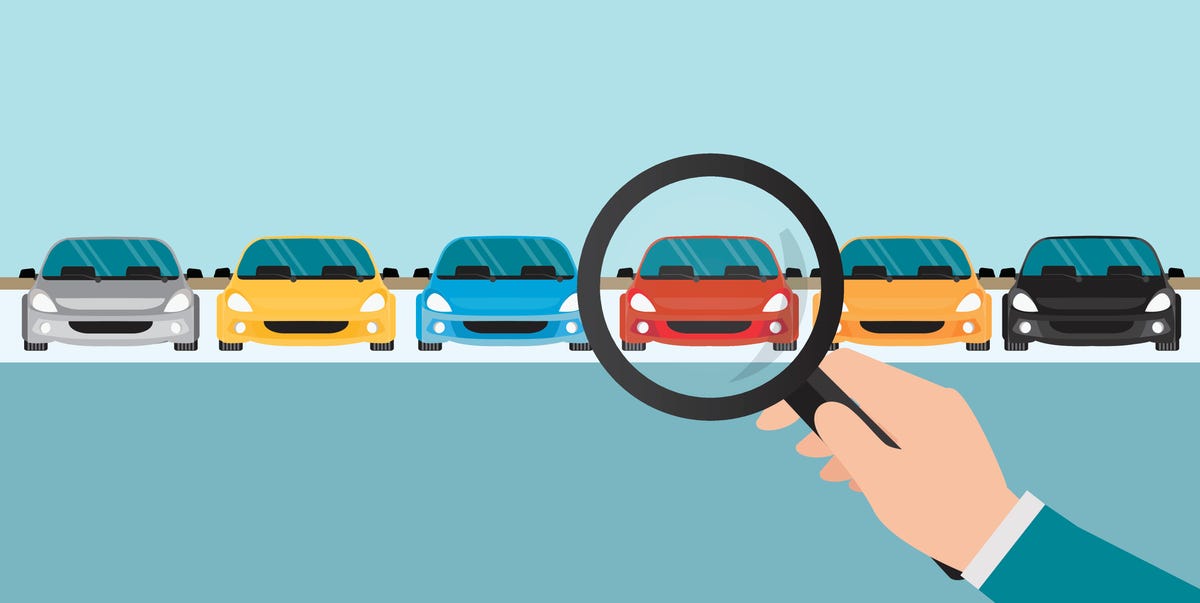
- In a process called “kicking the trade,” some car dealers are telling people who can’t afford their current auto loan to just not pay it, and pick up a new loan.
- It’s a short-term solution to a longer-term problem, and it could be happening more often than anyone would expect, as the Wall Street Journal reported.
- The move has an obvious negative effect on the customers’ credit scores but at least one observer suspects it would entice higher-end shoppers, not just the poor.
It’s not a move for everyone, but there is apparently a growing number of people who can’t afford their auto loans and who are just stopping their payments in order to buy another car. Hard numbers are difficult to come by, but a recent report in the Wall Street Journal found a handful of anecdotes that this practice, known as “kicking the trade,” is quietly happening across the country with people who sign auto loans that they then can’t afford.
Exactly how many people have stopped paying their auto loans at the suggestion of a dealer interested in selling them another car is pretty close to impossible to determine. We do know that the average new-vehicle price hovers around $35,000. The Federal Reserve Bank of New York (a.k.a. the New York Fed) keeps statistics on overall automotive loans and the number of delinquencies of those loans and has found an increasing trend in recent years.
The amount of money taken out for auto loans has been on the rise since 2010 and was over $150 million in the U.S. for each of the last three quarters of 2019. The number of auto loans that have transitioned into what the Fed calls “serious delinquency” (more than 90 days late) has been slowly rising since 2012, but the total isn’t as high as in the recessionary years of 2009 and 2010.
In part, this is because there are simply more auto loans happening. The New York Fed’s quarterly report on household debt and credit in the United States that was published in February says auto loan originations, including both newly opened loans and leases, were $159 billion in the fourth quarter of 2019, about the same as the previous quarter’s high level. Similarly, the credit agency TransUnion released a report that found that auto originations grew by 4.3 percent, year over year, in the third quarter of 2019, adding 7.5 million new accounts. The average balance of those new accounts was $22,232, or 3.3 percent higher than the same period the year before, TransUnion said.
The Fed found in February 2019 that 2018 “marked the highest level in the 19-year history of the loan origination data, with $584 billion in new auto loans and leases appearing on credit reports, up in nominal terms from 2017’s $569 billion.” The Fed reported that even though a lot of the growth came from individuals with high credit ratings (over 760), given the overall increase in the number of auto loans originated in 2018, “there are now more subprime auto loan borrowers than ever, and thus a larger group of borrowers at high risk of delinquency.”
There’s a company called Swapalease that helps arrange car-lease transfers to let people transfer an existing lease to another person, potentially a method that avoids the negative effects of simply walking away from a lease. Scot Hall, senior vice president of operations at the company, told Car and Driver that he believes the number of dealers who actually are “kicking the trade” are few and far between, and he pointed out that there are risks for any dealership that tries this strategy. “If a dealer was guilty of inflating a client’s income on an application for credit, serious legal and business consequences would result for that dealership,” he said.
The bottom line is how it affects the person who signs on the dotted line, of course. And buyers are ultimately responsible for balances of loans, even if they default.
